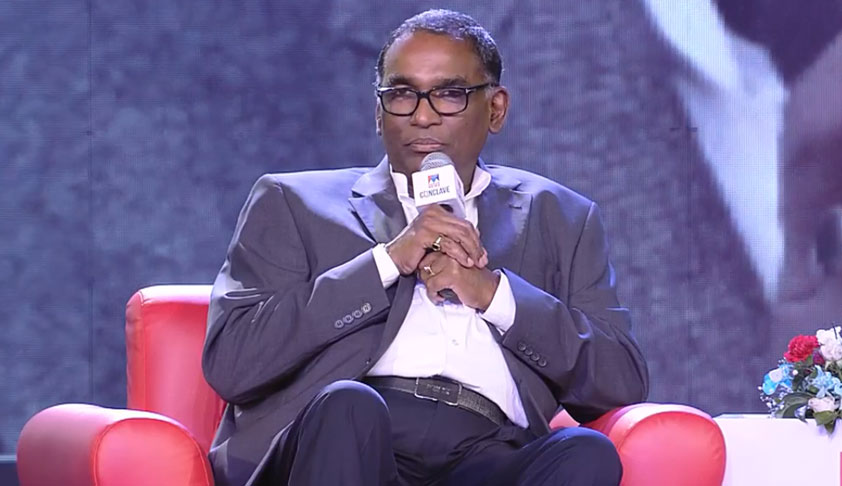I Would Rather Be Remembered As A Good Judge Than A Bad CJI: Justice J Chelameshwar (Retd)
nitish kashyap
3 Nov 2018 10:06 AM IST

Next Story
3 Nov 2018 10:06 AM IST
‘When we choose to be silent, we have ourselves to blame. The hottest place in hell is reserved for those who ‘remain silent’.’“I would rather be remembered as a good judge than a bad Chief Justice,” said Justice Jasti Chelameshwar (Retd) as he sat down with Sanjay Jha, president of the All India Professionals Congress (AIPC), in a frank and forthright discussion called “Dissent...
